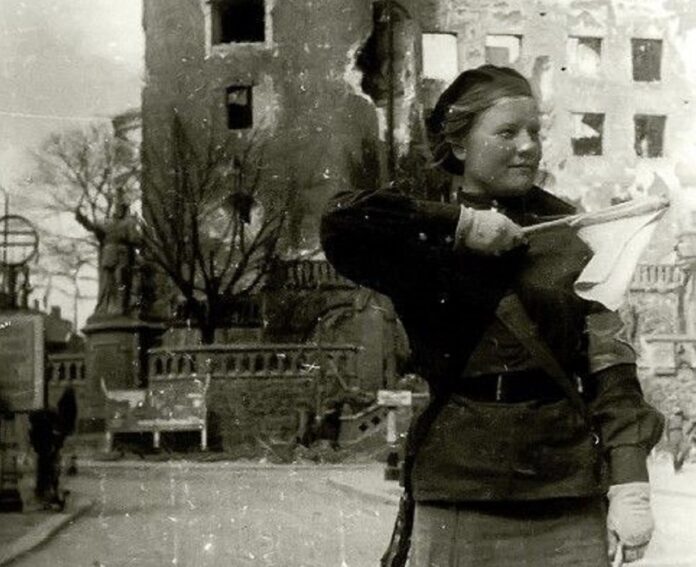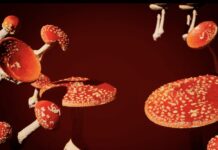Two stories from the concentration camp in Königsberg
There are many stories and many languages in the matter: Russian, Polish, German. This is the premise to tell stories of families connected to the concentration camp in Königsberg (now Kaliningrad). Let’s begin with a grandfather, Giovanni Magnaghi, a prisoner of the Germans, after September 8th (it is the date of the so-called Cassibile armistice with which Italy joined the American allies against the Nazis). Actually Magnaghi was held as an “uncooperative ally”, as he didin’t intend to join the Republic of Salò.
A map for Kaliningrad/The two-faced city
His granddaughter, Valentina Parisi, who is a Slavist, followed the dramatic paths of her ancestor on a backpacking trip in order to explore that area of North-Eastern Europe, bordering Lithuania, Belarus and Poland, which had been multi-traumatized by political choices and war tragedies.
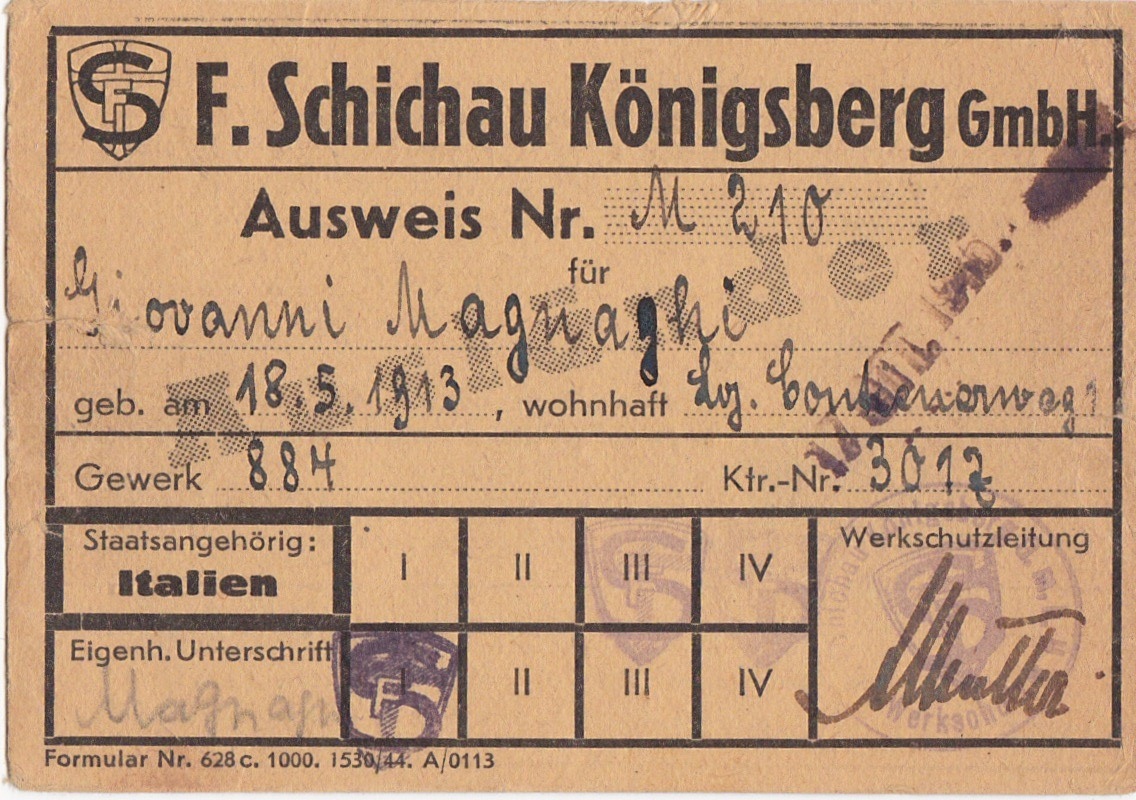
From this experience she shaped A map for Kaliningrad/The two-faced city (Exorma publishing, Roma, 2019), an in-depth narrative supported by empathic and fresh enthusiasm which tells us what the Prussian Königsberg was. The writer plunges herself in the ancient city’s painful stratifications, but without finding the cellar in which her grandfather had tried to refuge.
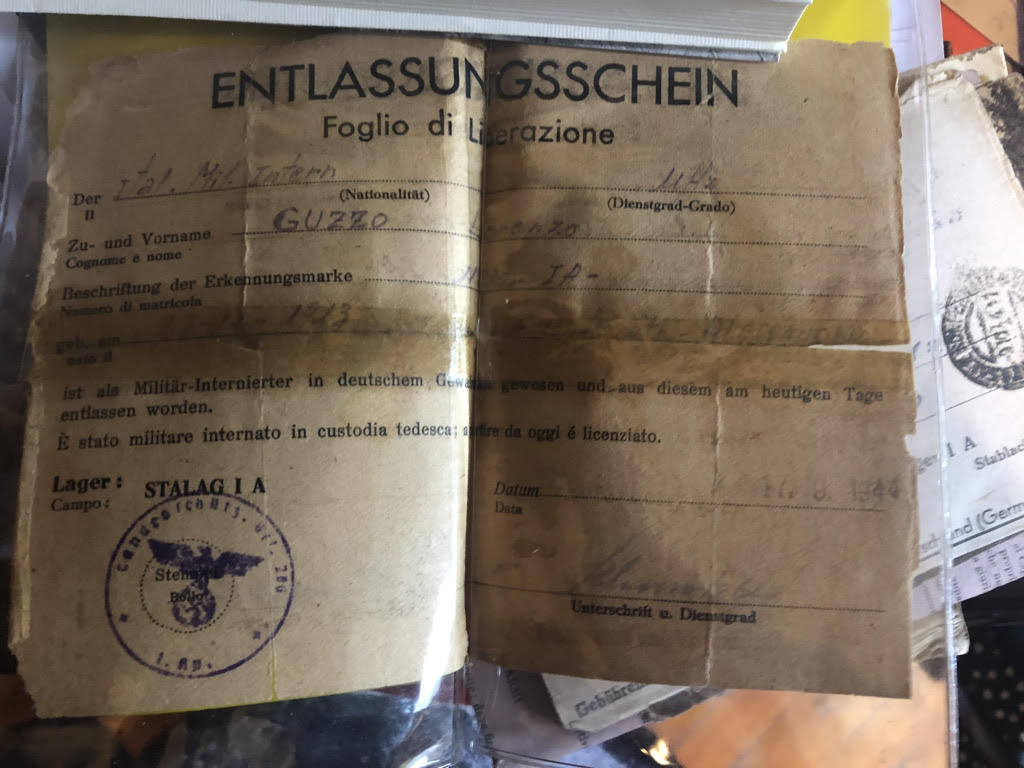
Instead she identifies the same lager (concentration camp, a former garden city), where my own father, Lorenzo Guzzo, was also interned in the German custody for a year, really in the same Stalag called I A. My father came out with a similar “release sheet” to Parisi’s grandfather. Incredibly, the same manager signed both sheets. A discovery of sharing family destinies due to Paris’s highly cultivated professor, Nicoletta Misler, an expert in Russian art, who is a friend of mine and with whom I had the pleasure of collaborating for exhibitions and publications.
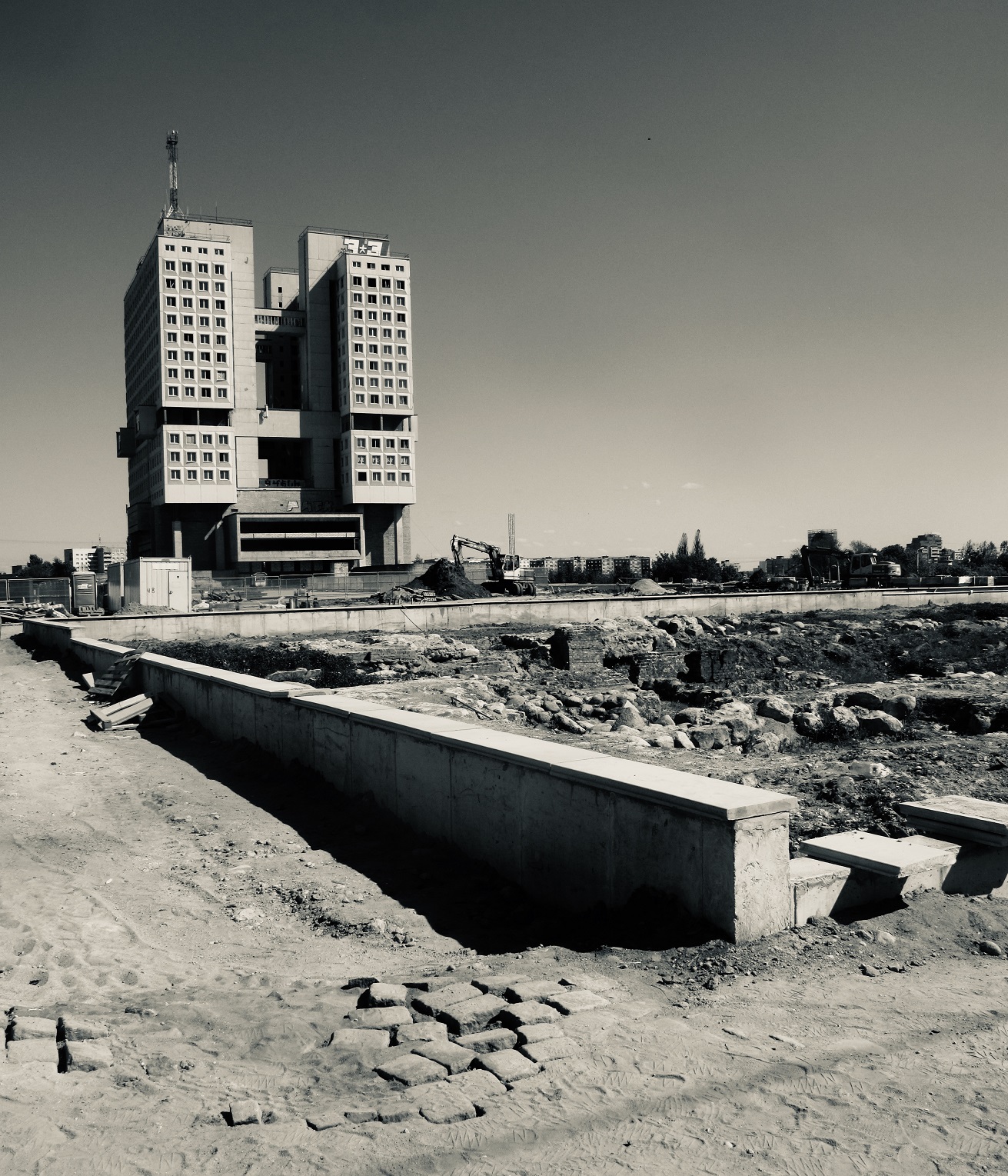
Valentina Parisi has a PhD in Russian Literature from the State University of Milan and has written on Soviet clandestine publishing (Il lettore eccedente, Edizioni periodiche del samizdat sovietico, 1956- 1990, Il Mulino, 2014). Also she has published Guide to the rebel Moscow for Voland
(2017) and has translated from Russian some texts by Pavel Florenskij, Lev Bakst, Vasilij Grossman, and Anton Chekhov.
Brilliant, adventurous and polyglot, she investigates the present and the past of Königsberg (the royal mountain), where Emmanuel Kant and Hannah Arendt were born. It’s a land of several peoples, including the Teuton Knights and also not a few Jews, but it was destroyed by the Allies’ 1944 bombing and cannoned by the Red Army artillery, and destined to bear the name of Mikhail Kalinin, who was president of the Supreme Soviet Presidium from 1919 to 1946.
In the middle of the rush of complicated transport and flight schedules not to be missed, Parisi encounters monuments, buildings, houses of artists, writers and philosophers, ruins, people and lives, fascinated by experiences which surprise the reader, absolutely. An example: the German woman who has the keys of what has been her house, and the Russian one who has the house but not the keys.
The former German owner, who has been far away for many years, now intends to hand over those keys to the family that is living there, but the new Russian owner will slam the door in her face, as she doesn’t feel like hearing about what has happened “before”.
Another curiosity: the old hippopotamus survived in a zoo where the keeper treats him with vodka, the only drug at his disposal. At least the two of them love each other.

